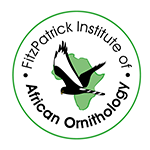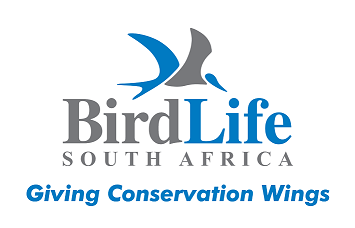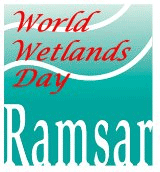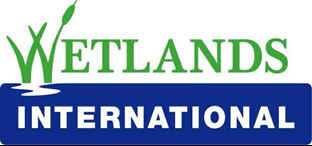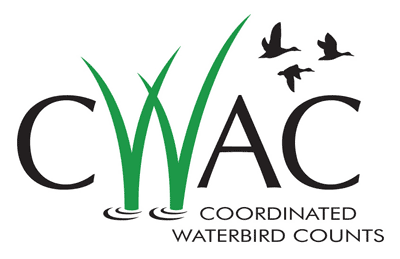
About us
The Coordinated Waterbird Counts (CWAC) project started in 1992 as part South Africa's commitment to International waterbird conservation. CWAC is managed by the FitzPatrick Institute of African Ornithology. Regular mid-summer and mid-winter counts take place at a large number of South African wetlands. Regular six-monthly counts are regarded as a minimum standard. All the counts are conducted by volunteers; people and organisations with a passion for waterbird conservation. It is one of the largest and most successful citizen science programmes in Africa, providing much needed data for waterbird conservation around the world. Currently the project regularly monitors over 400 wetlands around the country, and furthermore curates waterbird data for over 600 sites.
There are many reasons for collecting waterbird data from around the country. A comparison of counts from different wetlands gives indications of seasonal movements and the relative importance of sites for the conservation of different species. Long-term monitoring of population numbers on a site basis allows for the development of annual population indices to trace the fluctuations of populations.
We encourage the use of the CWAC data for conservation, education, and recreational purposes. This information may not be incorporated into other websites, or used for explicit commercial gain. Please contact the project coordinator for further details. Effort has been made to ensure the accuracy of the data; however, the ADU cannot guarantee that all data are correct. If you are aware of any errors or omissions in the data, please contact the project coordinator.
We are proud of the achievements the CWAC project has made since 1991. We are thankful to all the people that contribute their time and money towards this worthwhile cause. This project is a success because of you! If you are not participating yet, please consider lending your support. Your participation will make a real contribution towards waterbird conservation, not only in South Africa, but truly on a global scale. Please feel free to have a look through the CWAC information sheets which contain all the relevant information.
